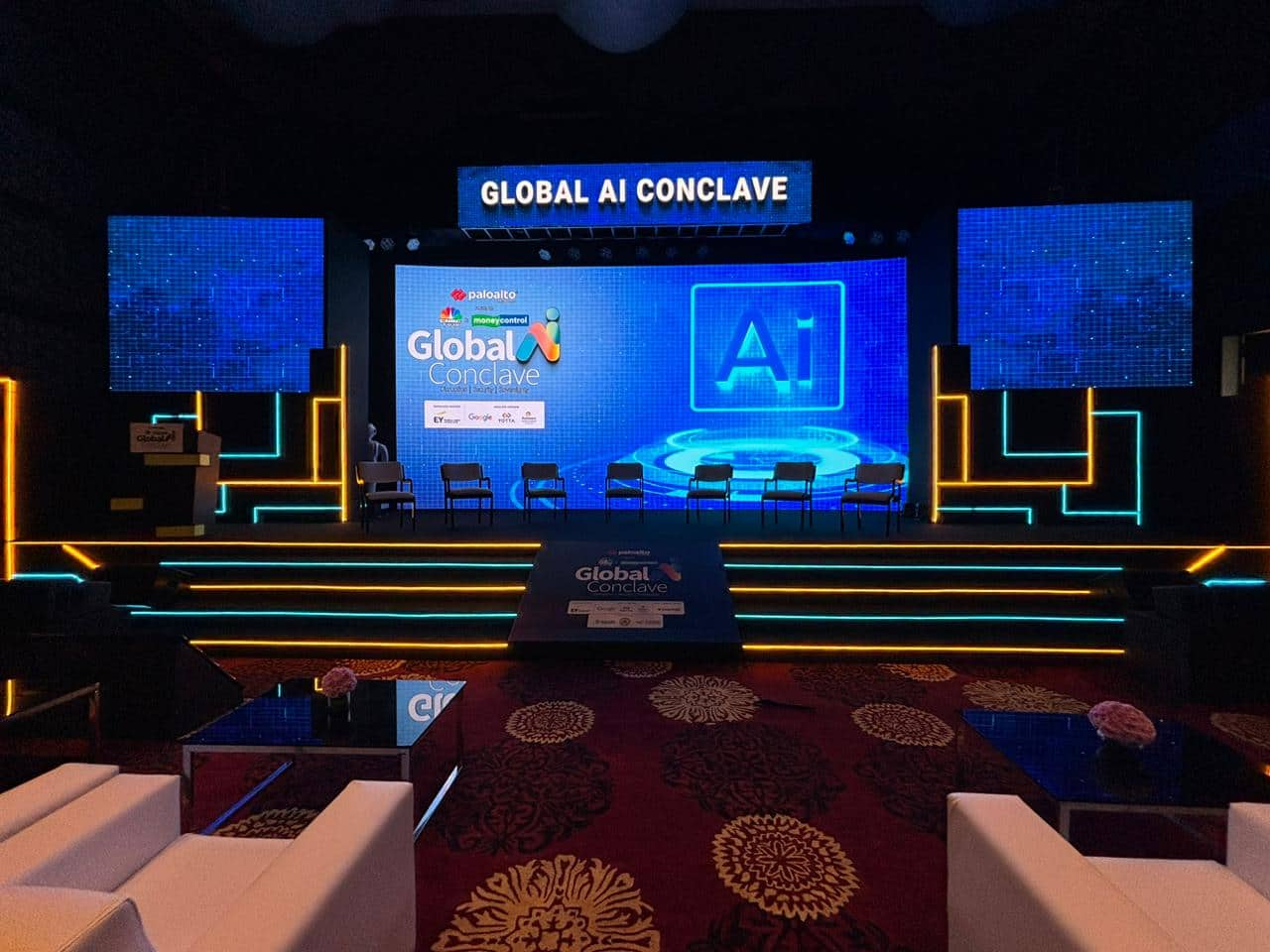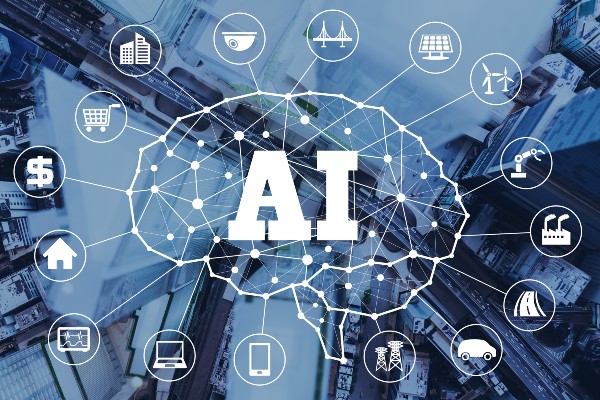Global AI Conclave in Bengaluru, Union Minister of State for Electronics and Information Technology, Rajeev Chandrasekhar, declared artificial intelligence (AI) as the “greatest invention of our time.” While lauding AI’s transformative capabilities in healthcare, disease management, agriculture, and governance, the minister emphasized the urgent need for a comprehensive global regulatory framework to guide the responsible development and deployment of this revolutionary technology.

AI’s Ascendancy: Global AI Conclave
Chandrasekhar commenced his address by underscoring the monumental impact of AI on various sectors, asserting that it is the “greatest empowering technology of our time.” He highlighted the remarkable strides made by countries, as evidenced by the recent Bletchley Park safety Summit organized by the UK government, where the focus has shifted from abstract discussions to concrete strategies ensuring the safety of AI.

However, amid the enthusiasm surrounding AI’s potential, Chandrasekhar cautioned against overregulation that could lead to a narrative demonizing the technology. He urged for a balanced approach that harnesses AI’s power while upholding ethical considerations.
The Call for Global AI Governance
During the discussion, Chandrasekhar articulated the need for a global regulatory framework, emphasizing that the era of self-regulation in the tech industry has long passed. Drawing parallels with the challenges faced in the realm of social media, the minister urged the world to collaborate on establishing a unified framework that transcends national borders.
“What the world did not notice in 10 years of social media about safety and user harm and criminality, we should certainly wake up to it now and create not an American framework or a European Framework or an Indian framework, but a global framework,” Chandrasekhar asserted. Reflecting on the experiences with social media, he highlighted the pervasive toxicity and criminality, underscoring the inadequacy of country-specific regulations in addressing these global challenges. AI as an Empowering Force: Balancing Progress and Accountability.
While acknowledging AI’s potential to revolutionize key sectors, Chandrasekhar stressed the necessity of a regulatory framework to mitigate potential risks. “Platforms have to be accountable under law to deliver safety,” he stated. The minister advocated a departure from the notion that technological innovation requires minimal government intervention, asserting that the era of light-touch regulation is over.
Citing the evolution of perspectives post-ChatGPT, Chandrasekhar pinpointed a seismic shift in the global understanding of AI’s implications. The once prevalent light-touch regulation has given way to a more nuanced and safety-centric approach, reflecting the growing recognition of AI’s complexities and potential risks.
Challenges and Solutions

Chandrasekhar’s call for a global framework aligns with the broader discourse on responsible AI development. As AI technologies evolve, concerns surrounding ethics, bias, and accountability have become paramount. The minister’s vision emphasizes the importance of addressing these challenges collectively, transcending geopolitical boundaries.
In advocating for a regulatory framework, Chandrasekhar recognizes the need for adaptability and collaboration. The ever-evolving nature of AI requires a framework that accommodates innovation while safeguarding against misuse. It is an intricate dance of progress and accountability, and Chandrasekhar’s stance positions India as an advocate for a balanced and inclusive global approach.
The Evolution Beyond Self-Regulation: Acknowledging the Reality
In his discourse, Chandrasekhar acknowledged the limitations of self-regulation, particularly in the context of technological innovation. “The self-regulation train left the station many months or even years ago,” he declared, signaling a departure from the belief that technology companies can adequately regulate themselves.
This acknowledgment comes at a crucial juncture, as the tech industry grapples with issues of data privacy, misinformation, and the ethical implications of advanced AI systems. Chandrasekhar’s call for accountability reflects a growing consensus that regulatory oversight is essential to safeguarding societal interests and preventing potential harm.
Charting the Course for Ethical AI
As the Global AI Conclave unfolds, Rajeev Chandrasekhar’s vision emerges as a clarion call for a collaborative and global approach to AI governance. The minister’s recognition of AI as a transformative force is coupled with a pragmatic understanding of the challenges it presents. In advocating for a regulatory framework, he lays the groundwork for a future where AI serves as a force for good while being held accountable for its impact on society. As nations navigate the uncharted waters of AI, Chandrasekhar’s vision provides a compass, steering towards a future where innovation and responsibility coexist harmoniously in the realm of artificial intelligence